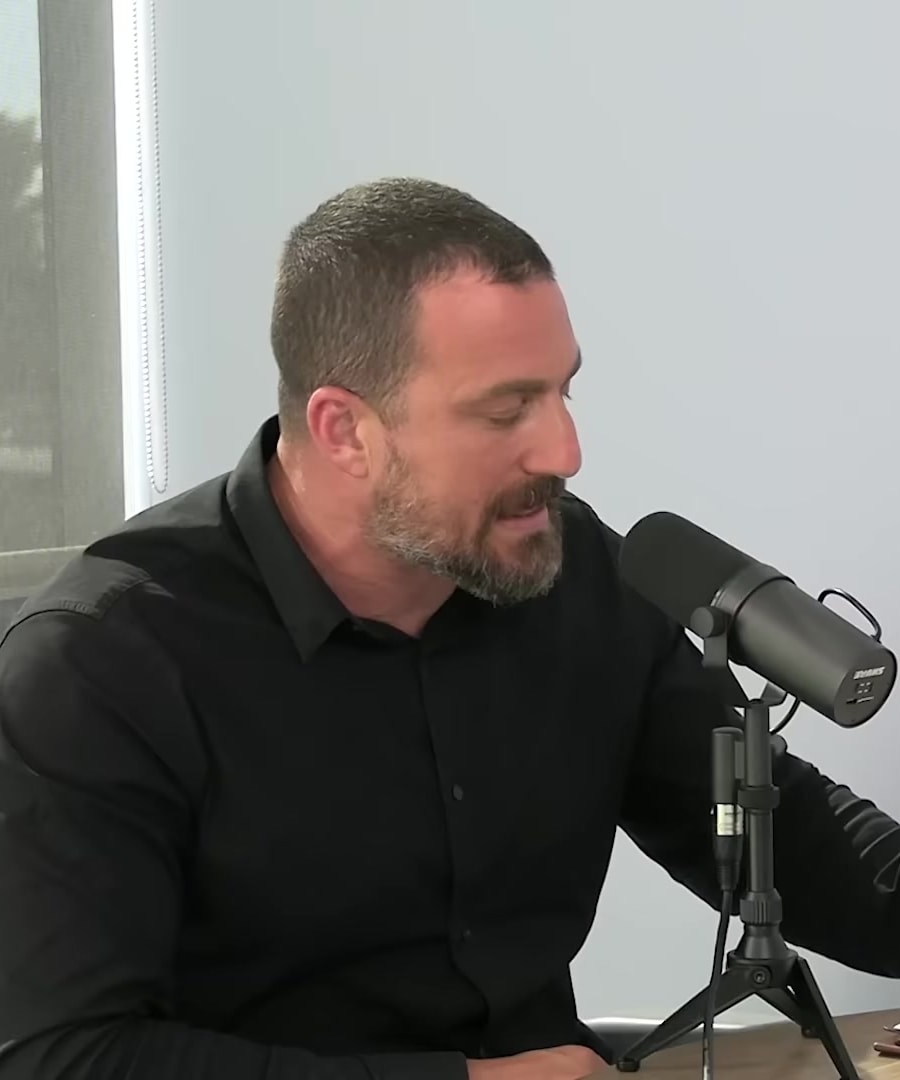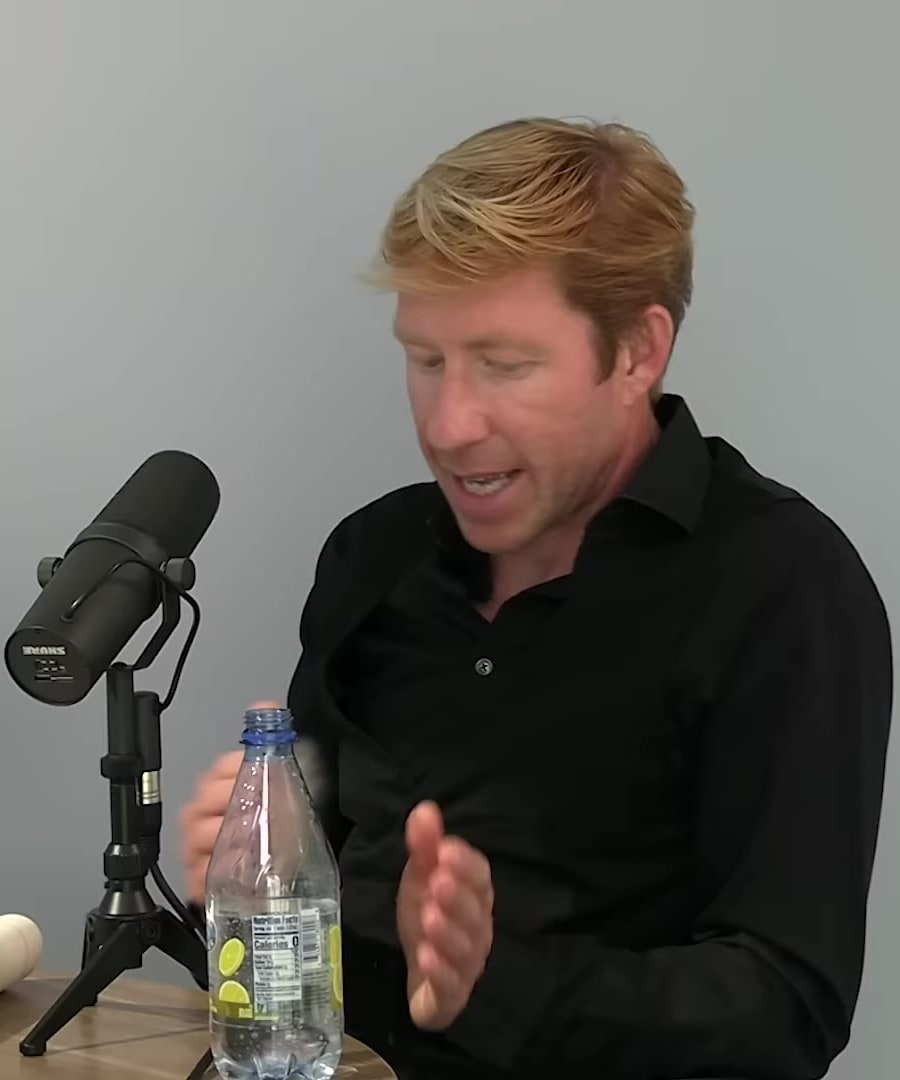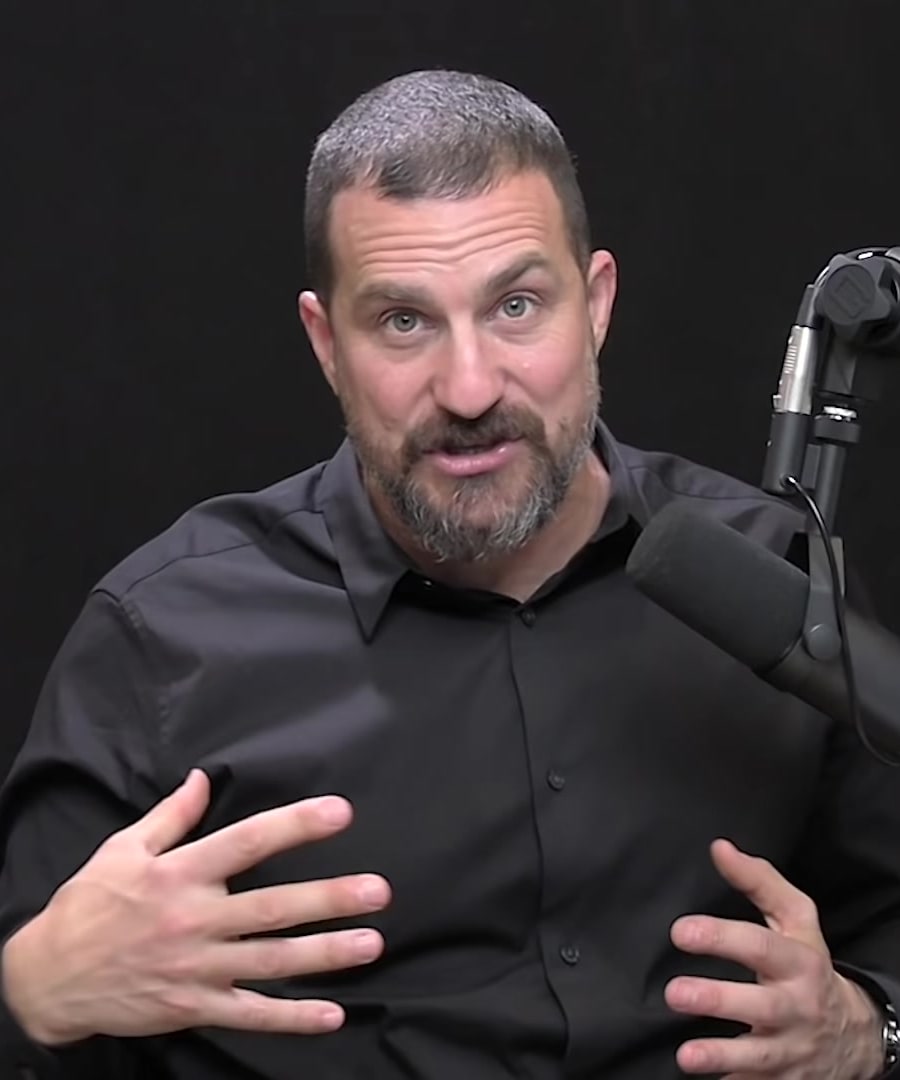How does Marijuana disrupt your sleep?
Sources:
Marijuana, particularly THC (tetrahydrocannabinol), disrupts the architecture and depth of sleep, which can lead to a less restorative sleep experience. THC appears to expedite the transition to unconsciousness, but the resulting sleep is not ideal, as it suppresses REM (Rapid Eye Movement) sleep. When REM sleep is suppressed by substances like THC, the brain experiences a 'REM rebound' upon cessation, leading to intense dreams due to the brain trying to recoup the lack of REM sleep. This REM sleep suppression is part of the reason people report not remembering their dreams while using THC, and why they have pronounced dreams when they stop using it.
Additionally, THC can create a dependency for sleep, and when a person stops using, they may experience severe rebound insomnia as a withdrawal symptom. On a related note, there are reports that marijuana smokers experience a higher frequency of sleep paralysis during the transition from sleep to wakefulness, which could be linked to the substance's effects on the brain's cannabinoid or serotonin pathways 1 2 3.
RELATED QUESTIONS
How does Marijuana disrupt your sleep?
- RELATED QUESTIONS


